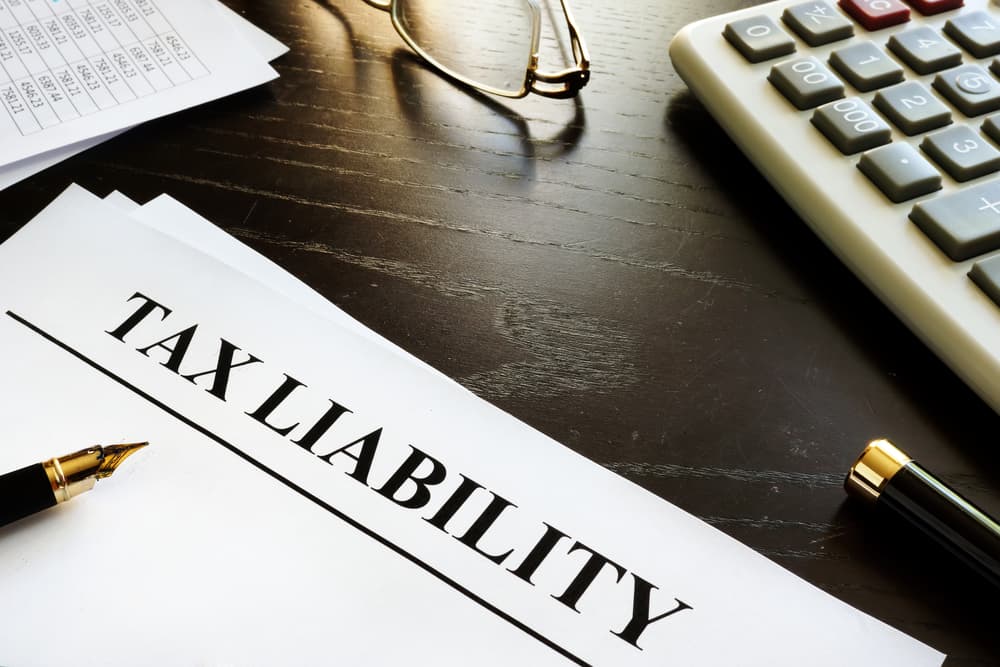Are You Liable To Pay Advance Tax? Know The Details
The Income-tax Act, 1961 requires people to pay advance tax if their tax liability is Rs 10,000 or more in a financial year. However, seniors have some exemptions
The Income-tax Act, 1961 requires people to pay advance tax if their tax liability is Rs 10,000 or more in a financial year. However, seniors have some exemptions

Advertisement
With the first instalment payment date of advance tax, June 15, just a few days away, senior citizens must know whether they are liable to pay any advance tax or not. According to Section 208 of the Income-tax Act, 1961, a person with an estimated tax liability of Rs 10,000 or more in a financial year is liable to pay advance tax every quarter by the due dates i.e., June 15, September 15, December 15, and March 15 of that financial year.
However, under Section 207 of the Act, senior citizens are exempted from payment of advance tax if they do not have income from business or profession. It does not mean they are not liable to pay tax, rather, it means they are not liable to pay ‘advance tax’, if their income is not coming from business or profession.
Advertisement
When Seniors Are Not Required to Pay Advance Tax
There are certain conditions laid down under the Income-tax Act, 1961, under which senior citizens are exempted from paying advance tax.
Advertisement
For instance, if a resident senior person, aged 61 years, is retired and does not have any other source of income except rental income of, say, Rs 70,000 per month, that will not make him liable to pay advance tax.
The reason being that the person is more than 60 years, is a resident individual, and rental income is not chargeable under ‘Profits and gains of business or profession’. So there will be no advance tax liability in this case.
When Seniors Are Required To Pay Advance Tax
Any income from ‘Profits and gains of business or profession’ will lead to advance tax liability for seniors.
For instance, where a resident person aged 66 years has opened a provisional store after retirement and earns profit of around Rs 40,000 per month from it, the person will be liable to pay advance tax as the income is from ‘Profits and gains of business or profession’.
For those who need to pay advance tax, it needs to be paid in instalments every quarter by the due date, where the minimum payment requirement is 15 per cent, 45 per cent, 75 per cent, and 100 per cent of the estimated tax liability, in the 1st, 2nd, 3rd, and 4th instalments, respectively.
If they do not pay advance tax on time or do not make the full payment, a penalty of 1 per cent per month on the amount not paid will be levied.
How To Calculate Advance Tax
One has to estimate the annual income chargeable to tax to calculate the advance tax liability. The income tax department portal provides a calculator on its website as well to help one calculate their advance tax liability. One can fill in the relevant details, and it will show the amount to be paid as advance tax.
Else, one may take help from a tax professional to calculate it for them.
How To Pay Advance Tax
Once you know the amount, you can pay it to your bank if it is authorised to accept tax payments. State Bank of India, Bank of Baroda, HDFC Bank, ICICI Bank, Axis Bank, and UCO Bank are few of the several authorised banks where one can pay tax.
One can also pay tax on the income tax department website.
It is important to pay tax before the due date, June 15 for the first instalment, to avoid the penalty and last-minute rush.
Advertisement
Both sections 80CCC and 80C of the Income-tax Act, 1961, allow deductions from the annual income, but the aggregate of the deductions cannot exceed Rs 1.5 lakh.
Finance Minister Nirmala Sitharaman, in the interim budget 2024, proposed to withdraw outstanding tax demands of up to Rs 25,000 for the ease of taxpayers.
Niti Aayog recommends viable interest rate for senior citizens, additional concession for older women, amendments to reverse mortgage rules, tax reforms, etc. Learn more.
Get all the latest stories delivered to your inbox
Advertisement
Get all the latest stories delivered to your inbox